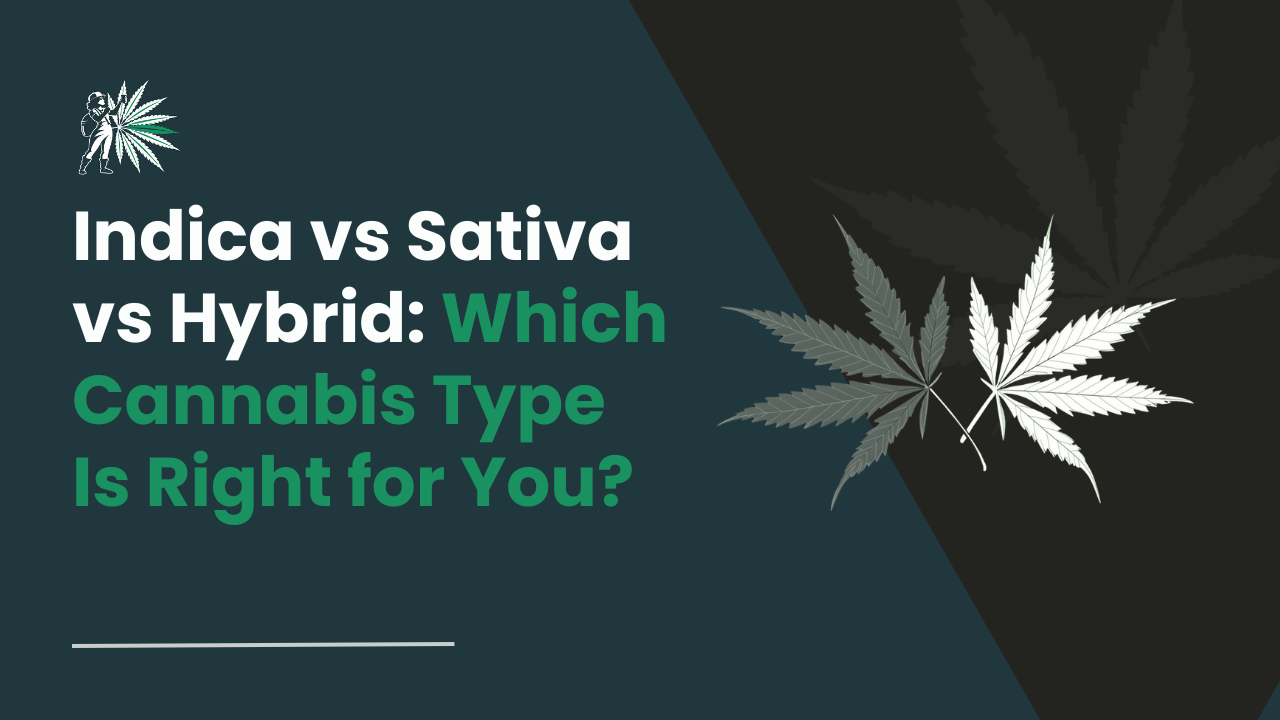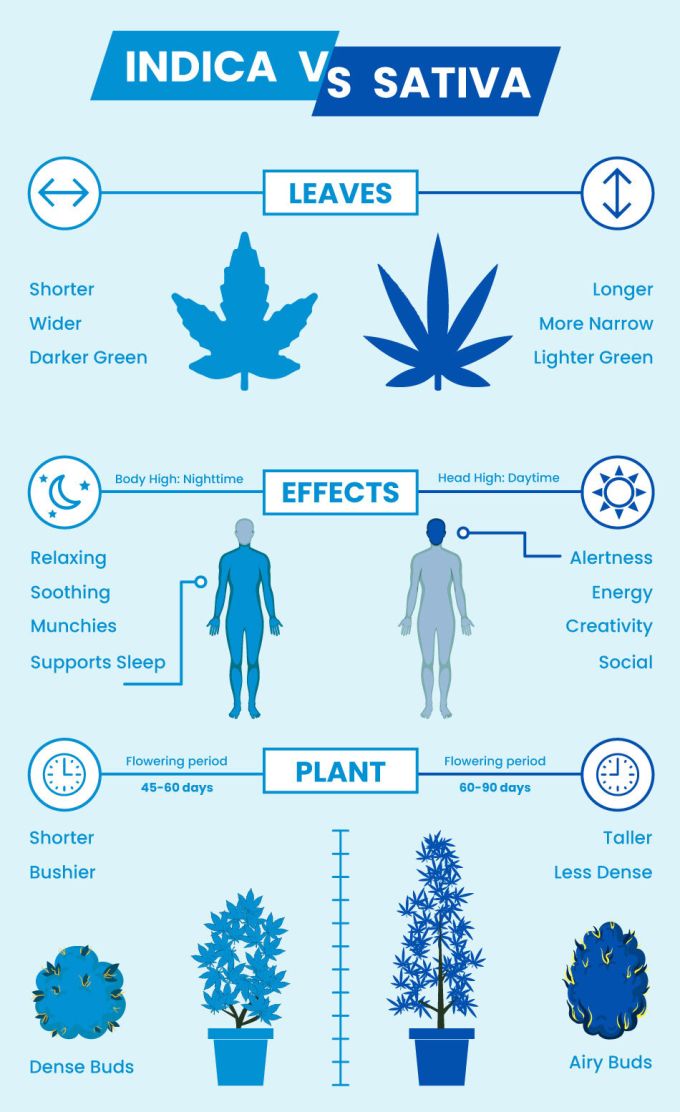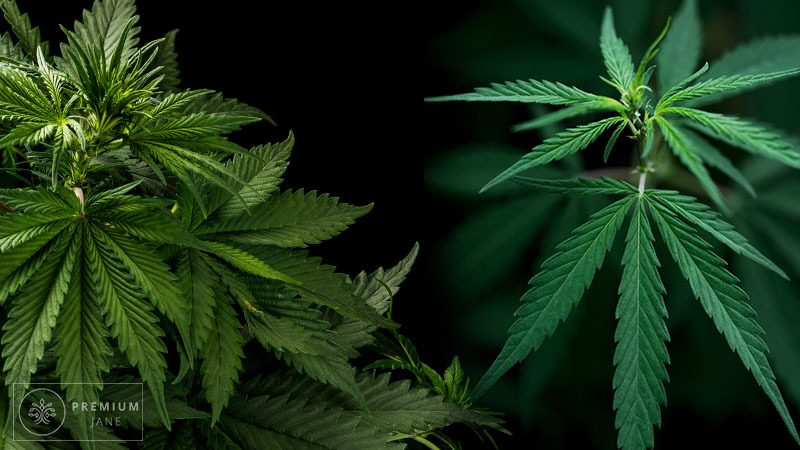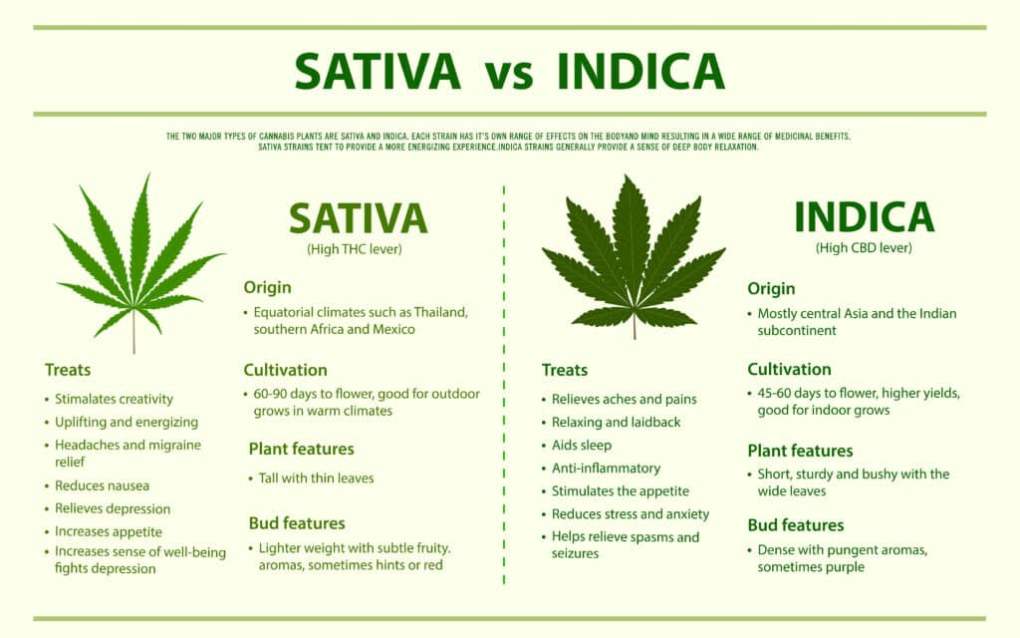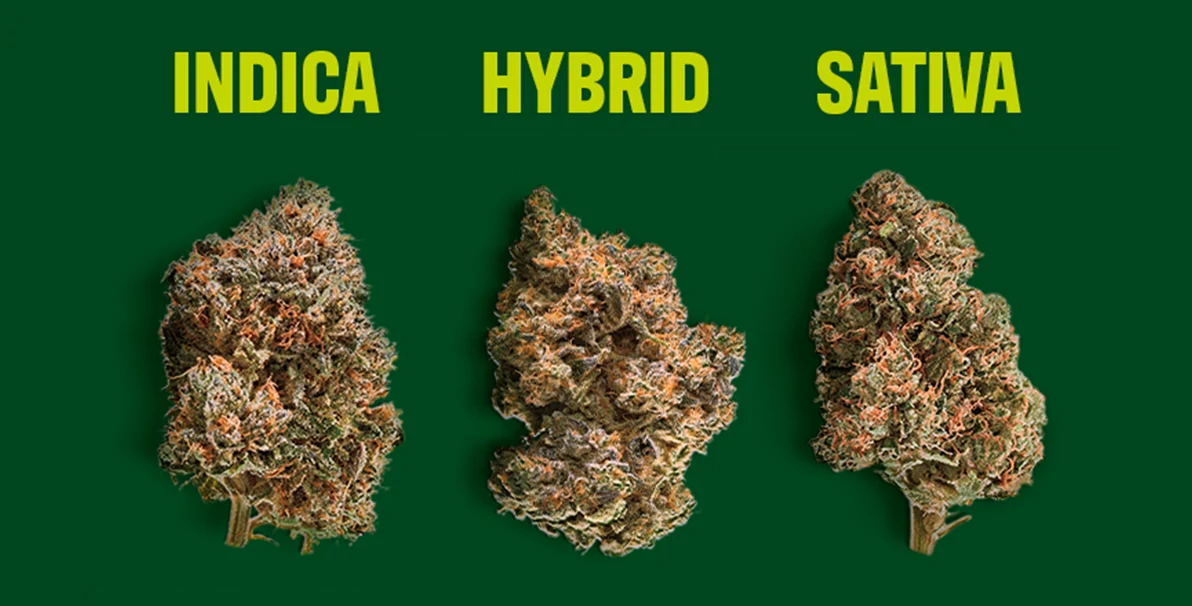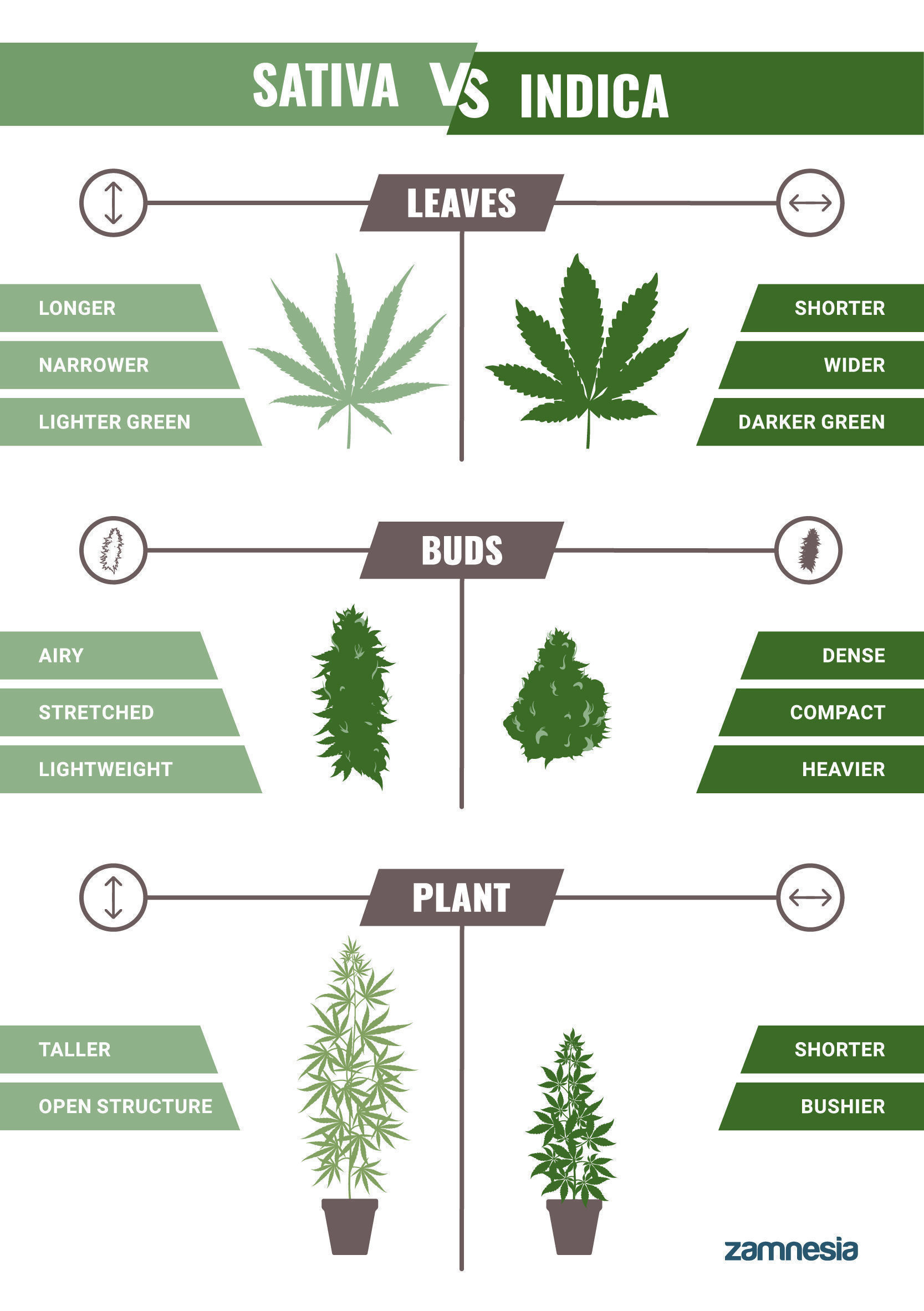Is Delta 9 Sativa Or Indica
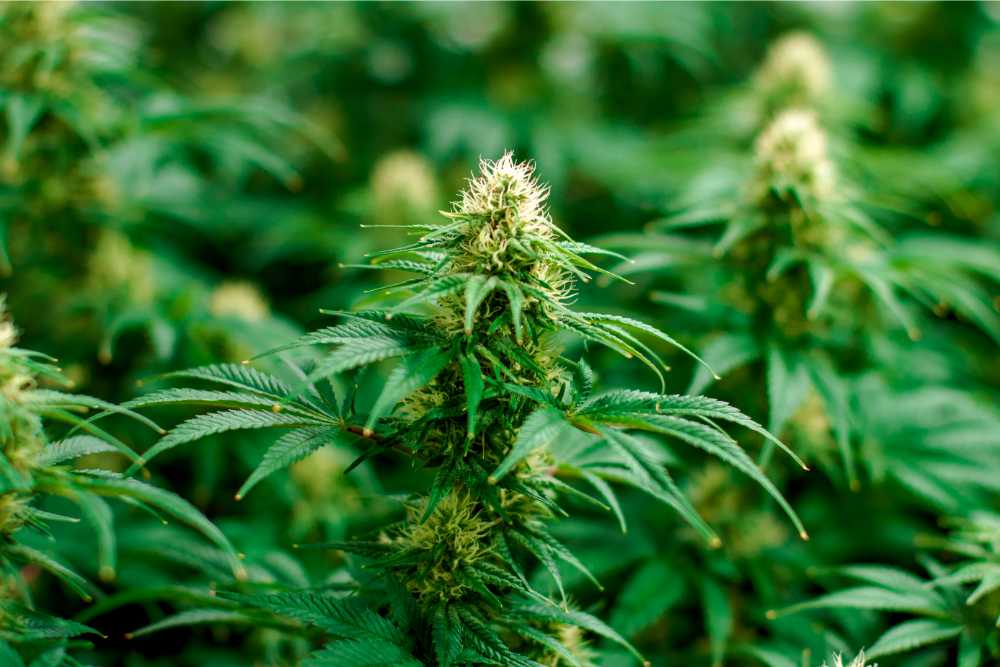
Imagine a warm summer evening, the air thick with the scent of blooming jasmine and freshly cut grass. Laughter drifts from a nearby porch, mingling with the gentle strumming of a guitar. As the sun dips below the horizon, painting the sky in hues of orange and purple, conversations turn to relaxation, wellness, and the ever-evolving world of cannabis. One question often surfaces in these discussions: "Is Delta 9 Sativa or Indica?"
The short answer is: Delta 9 itself isn't Sativa or Indica. Delta 9 THC is a specific cannabinoid, a chemical compound found in both Sativa and Indica strains of the cannabis plant. The effects you experience are more closely tied to the specific strain and its overall chemical profile than simply the presence of Delta 9.
Understanding Delta 9 THC
Delta 9 Tetrahydrocannabinol (Delta 9 THC) is the primary psychoactive component of cannabis, responsible for the euphoric and relaxing effects most commonly associated with marijuana. It interacts with the body's endocannabinoid system (ECS), a complex network of receptors that regulates various functions, including mood, pain, and appetite.
The potency of Delta 9 THC can vary greatly depending on the specific cannabis strain and the method of consumption. This variability is a key factor in understanding why different cannabis products produce different effects, even if they all contain Delta 9.
Sativa vs. Indica: A Historical Overview
The terms Sativa and Indica originated from 18th-century botanists who categorized cannabis plants based on their physical characteristics and geographical origins. Sativa plants were typically found in warmer, humid climates and grew tall and slender, while Indica plants were shorter and bushier, thriving in cooler, mountainous regions.
Traditionally, Sativa strains have been associated with energizing and uplifting effects, often described as promoting creativity and focus. Indica strains, on the other hand, have been linked to relaxing and sedating effects, often used to promote sleep and relieve pain.
However, modern understanding of cannabis has evolved, revealing a more nuanced picture than the simple Sativa/Indica dichotomy.
The Role of Terpenes and Other Cannabinoids
While Delta 9 THC plays a significant role in the effects of cannabis, it's not the only factor at play. Other cannabinoids, such as CBD (Cannabidiol), CBG (Cannabigerol), and a wide array of terpenes also contribute to the overall experience.
Terpenes are aromatic compounds responsible for the distinctive scents of cannabis plants. They not only contribute to the flavor and aroma but also interact with cannabinoids to influence the effects of cannabis. For instance, myrcene, a terpene commonly found in Indica strains, is known for its relaxing properties, while limonene, often found in Sativa strains, is associated with mood elevation.
The "entourage effect" is the synergistic interaction between cannabinoids, terpenes, and other compounds in cannabis, resulting in a combined effect that is greater than the sum of its individual parts. This complex interplay is what truly dictates the experience of a particular strain.
Navigating the Cannabis Landscape Today
Today, most cannabis strains are hybrids, meaning they are a combination of Sativa and Indica genetics. This blending of genetics makes it increasingly difficult to predict the effects of a strain based solely on its Sativa or Indica lineage.
Consumers are encouraged to focus on the specific cannabinoid and terpene profile of a product, rather than relying solely on the Sativa or Indica label. Reputable dispensaries and brands provide detailed information about the chemical composition of their products, allowing consumers to make informed choices.
Lab Testing and Transparency
Third-party lab testing is crucial for ensuring the quality and safety of cannabis products. These tests verify the potency of cannabinoids like Delta 9 THC and CBD, as well as screen for contaminants such as pesticides and heavy metals.
Transparent labeling practices allow consumers to understand exactly what they are consuming. Look for products that provide a certificate of analysis (COA) from a reputable laboratory.
Delta 9 and Legal Considerations
The legal status of Delta 9 THC varies widely depending on jurisdiction. In some states and countries, cannabis is legal for recreational and medical use, while in others, it remains prohibited. In the United States, the 2018 Farm Bill legalized hemp, defined as cannabis containing less than 0.3% Delta 9 THC by dry weight.
This has led to the proliferation of hemp-derived Delta 9 THC products, which are often sold legally even in states where marijuana remains illegal. These products are typically derived from hemp and contain Delta 9 THC within the legal limit.
However, it's important to note that the legality of these products is still subject to interpretation and varies depending on state and local laws. Consumers should be aware of the laws in their area before purchasing or consuming any cannabis product.
Responsible Consumption and Potential Risks
Like any psychoactive substance, Delta 9 THC can have potential risks and side effects. Common side effects include anxiety, paranoia, dry mouth, and impaired coordination.
Individuals with pre-existing mental health conditions, such as anxiety or schizophrenia, may be more susceptible to adverse effects. It's crucial to consume cannabis responsibly and in moderation, and to consult with a healthcare professional if you have any concerns.
It is important to avoid operating heavy machinery or driving under the influence of Delta 9 THC. Educate yourself on the potential risks and benefits before consuming.
The Future of Cannabis Research
Research into the therapeutic potential of cannabis and its various cannabinoids is ongoing. Scientists are exploring the potential of Delta 9 THC and CBD for treating a wide range of conditions, including chronic pain, anxiety, and epilepsy.
Further research is needed to fully understand the complex interactions between cannabinoids, terpenes, and the endocannabinoid system. As research progresses, our understanding of the potential benefits and risks of cannabis will continue to evolve.
The future of cannabis lies in personalized medicine, where individuals can tailor their cannabis consumption based on their specific needs and genetic makeup.
Conclusion
So, is Delta 9 Sativa or Indica? It's neither. Delta 9 is a molecule that exists within both types of cannabis. The effect of Delta 9 is modified by other molecules in the specific cannabis strain. As the sun sets on the era of simplistic classifications, a new dawn breaks – one of understanding the intricate dance between cannabinoids, terpenes, and individual biochemistry. Armed with this knowledge, we can navigate the world of cannabis with greater confidence and intention, seeking experiences that truly resonate with our unique needs and desires.

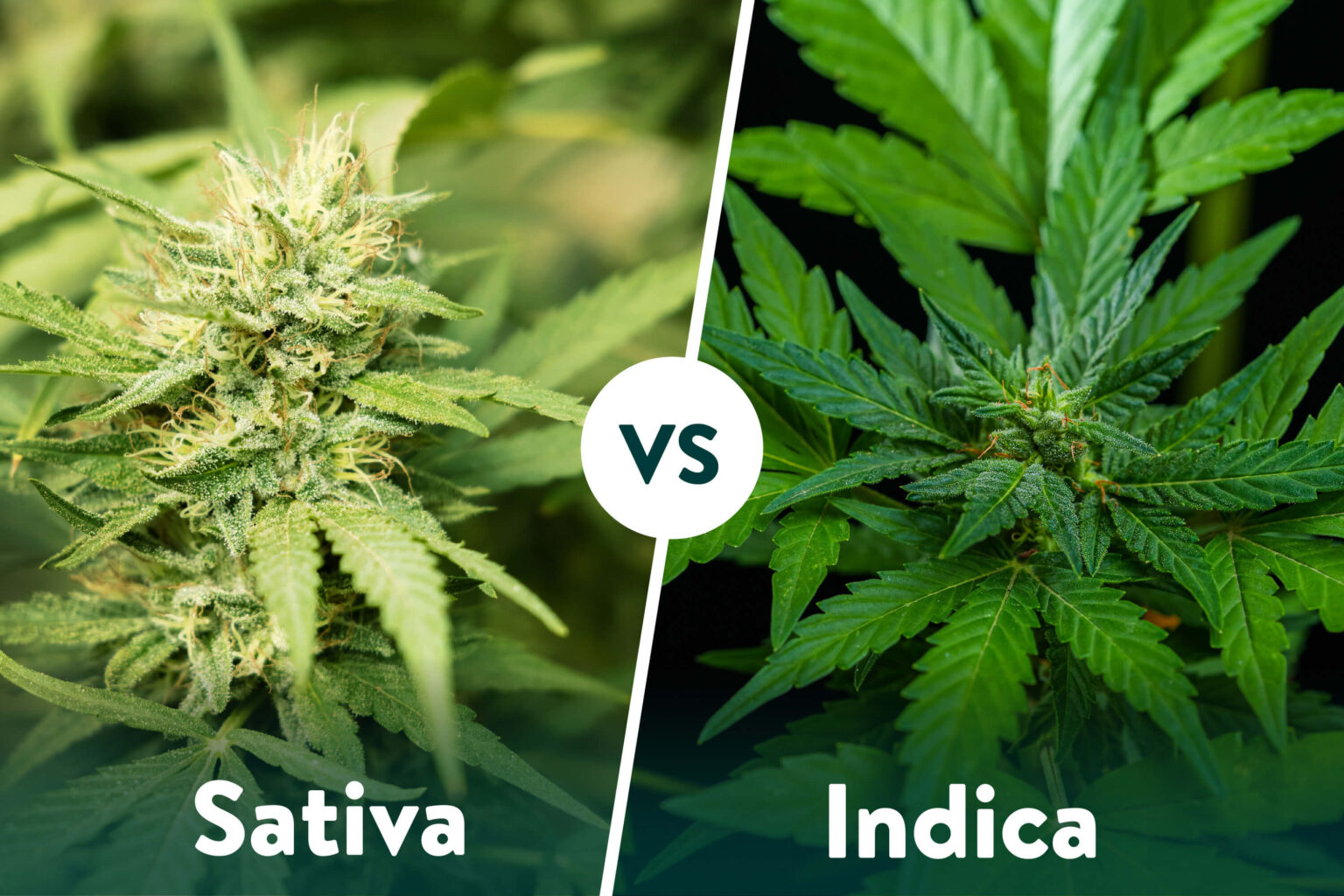



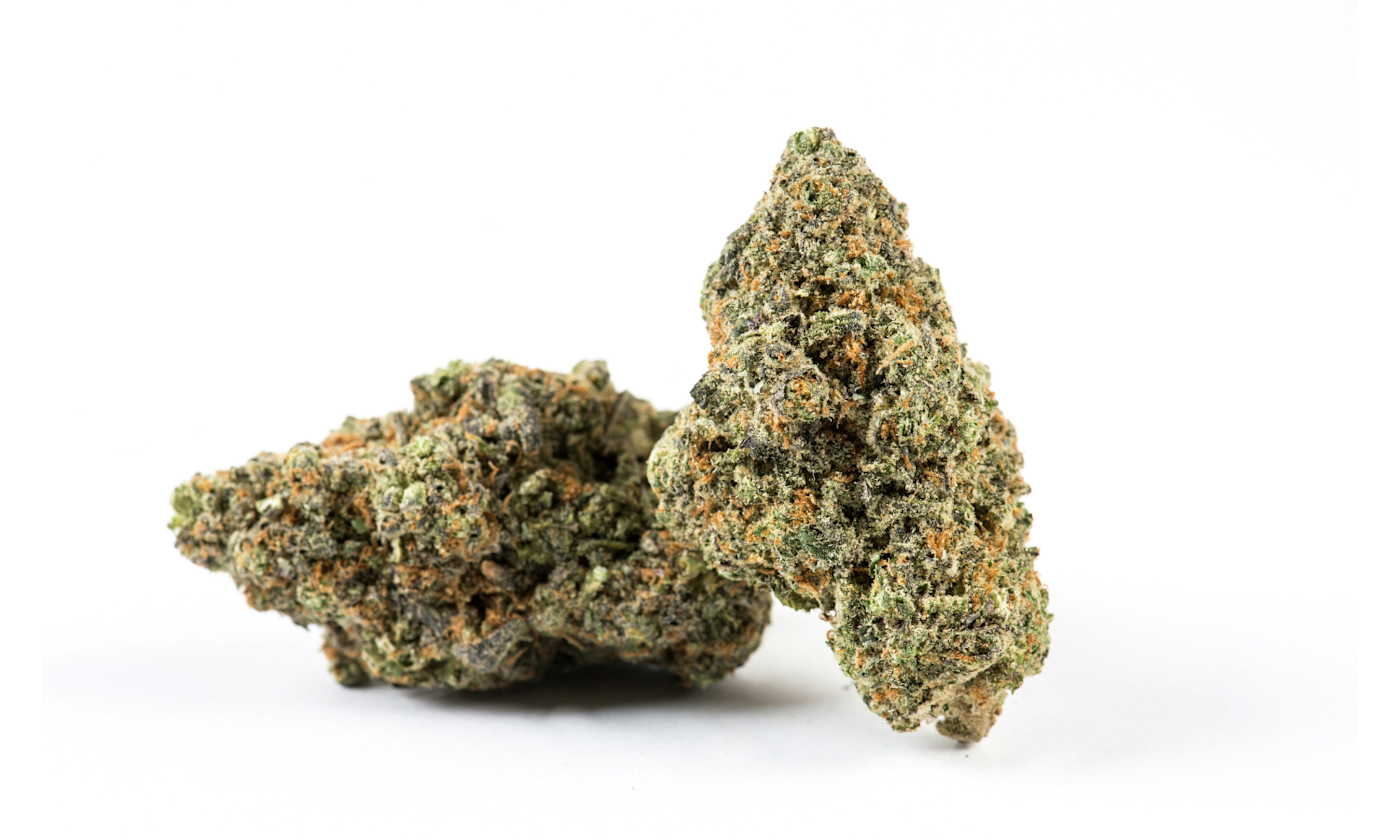

:max_bytes(150000):strip_icc()/indica-vs-sativa-1123887-final-7e45f43cf52d4b609efd1645150763f3.png)
